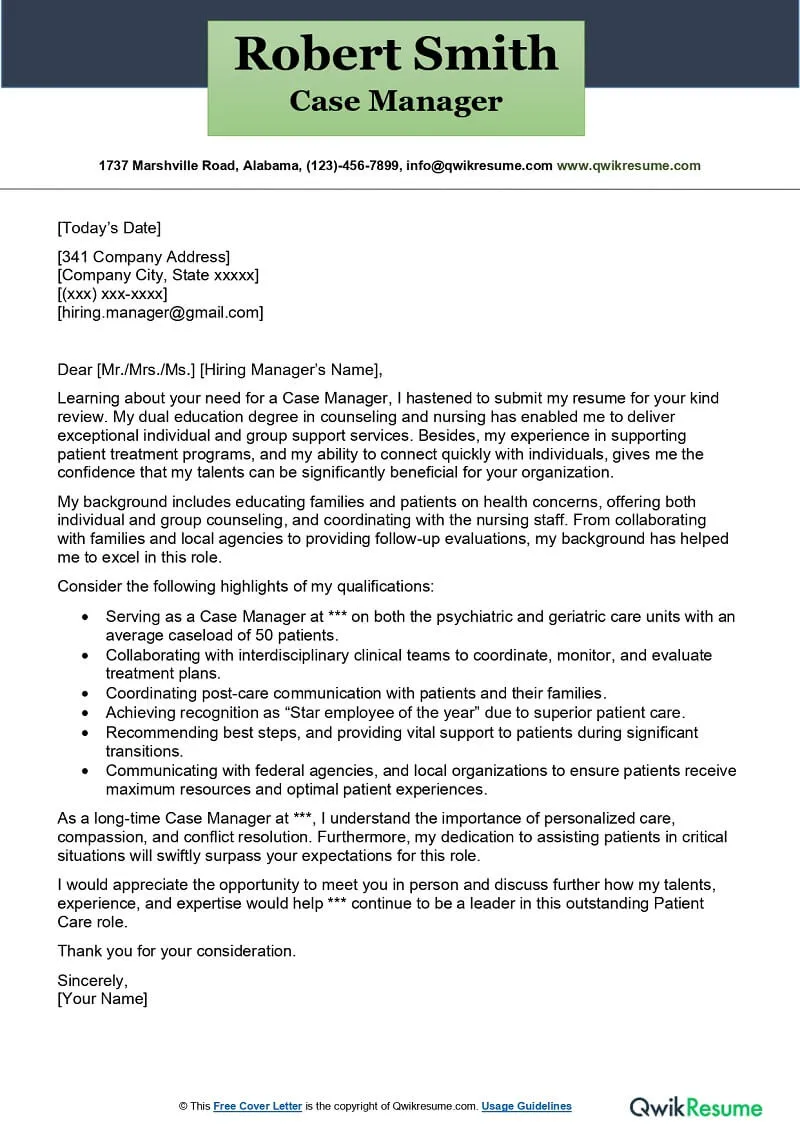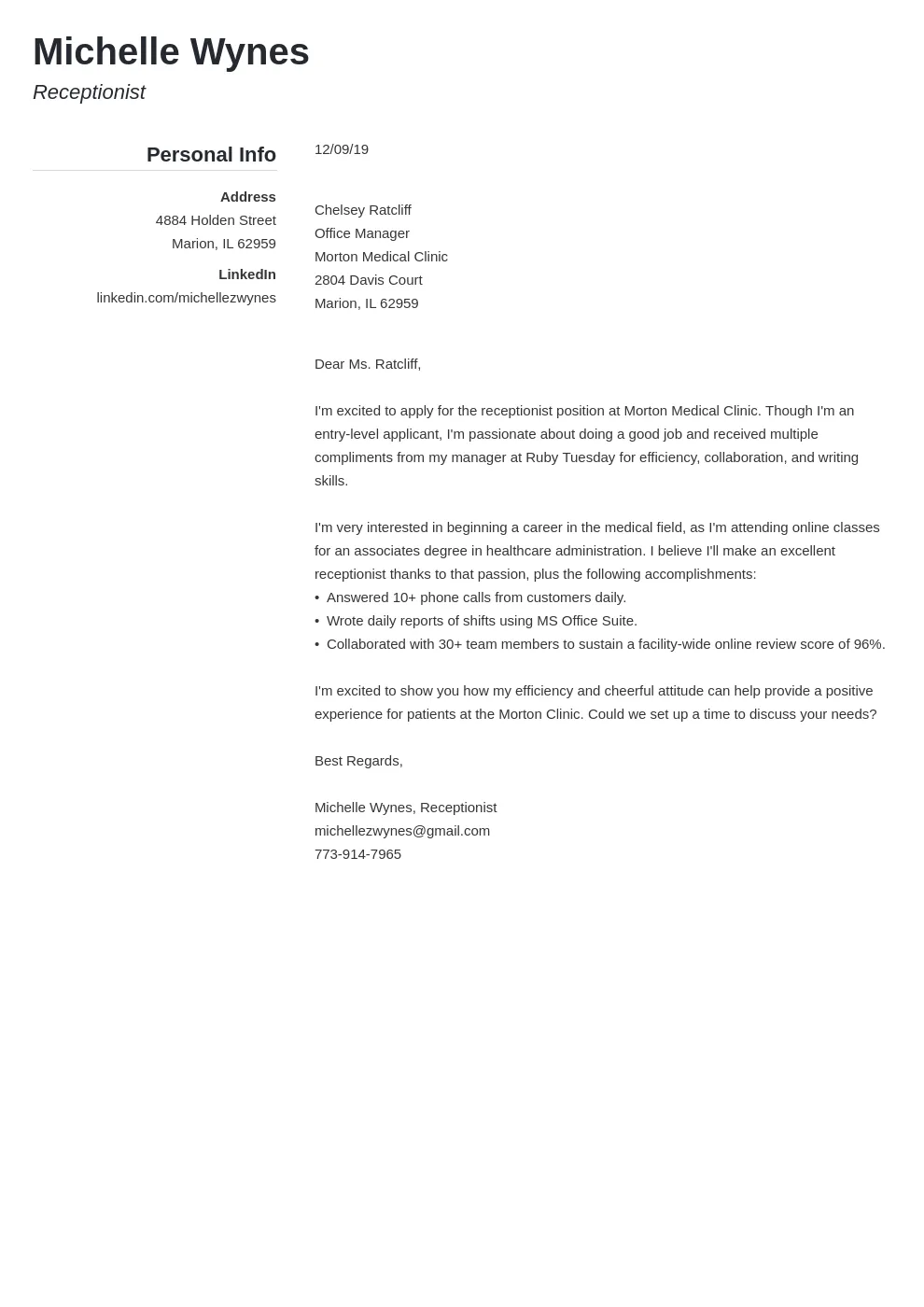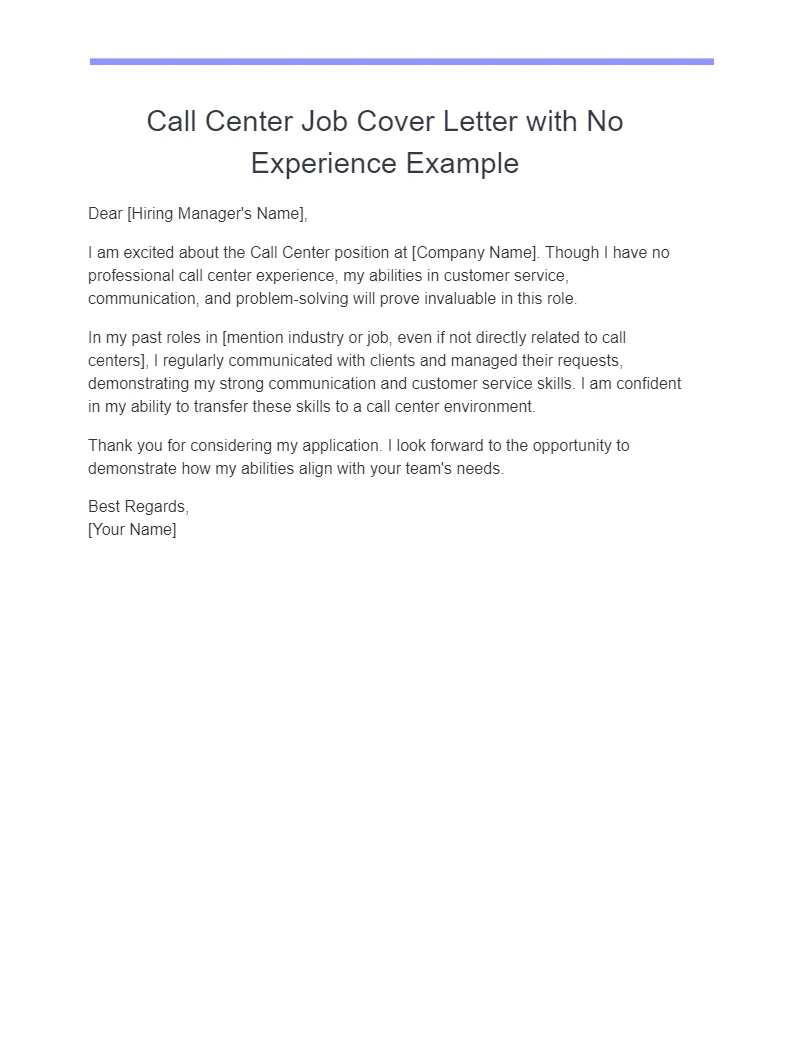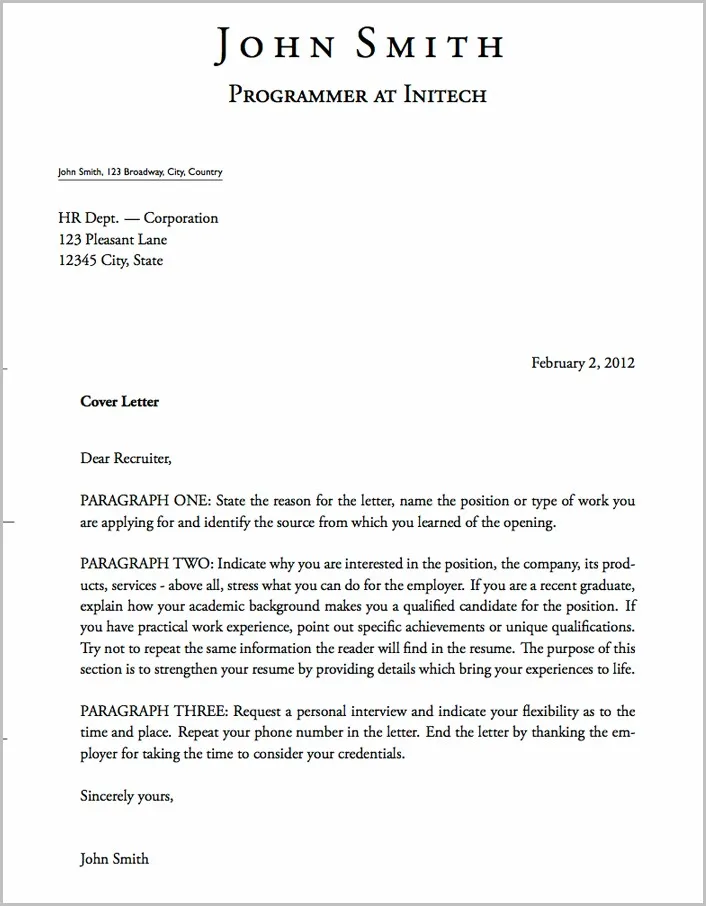Understanding the Case Manager Role
Before diving into crafting your cover letter, it’s crucial to grasp what a Case Manager does. They are the linchpin in a client’s care, providing support, coordination, and advocacy. Case Managers work in diverse settings, including healthcare, social services, and rehabilitation. Their primary responsibilities involve assessing client needs, developing care plans, monitoring progress, and connecting clients with resources. Understanding the core functions of a Case Manager will help you tailor your cover letter to highlight the skills and qualities most valued in the role. Demonstrate your awareness of the role’s demands, including empathy, strong organizational abilities, and the capacity to manage sensitive information while advocating for those under your care. This knowledge will prove you are ready to step up to the plate and make an impact on the lives of others.
Essential Skills for a Case Manager
Case management demands a diverse skillset. Successful case managers must excel in communication, both written and verbal, to interact effectively with clients, families, and healthcare providers. Strong organizational abilities are necessary to manage multiple cases, maintain detailed records, and meet deadlines. Problem-solving skills are also vital to address client challenges and develop tailored care plans. Furthermore, empathy and compassion are key to building trusting relationships with clients and advocating for their needs. The ability to work independently, while also collaborating with a team, is crucial. Consider these qualities as you prepare your cover letter, making sure to spotlight any existing experiences that demonstrate these valuable traits. Being able to connect with clients and build trust is essential.
Highlighting Transferable Skills

Even without direct case management experience, you likely possess transferable skills that are highly relevant. Identify these skills and showcase them prominently in your cover letter. Skills like active listening, problem-solving, and time management are valuable in any role. If you have experience in customer service, highlight your ability to build rapport and resolve issues. If you have volunteer experience, emphasize your empathy and commitment to helping others. Your goal is to demonstrate how your existing skills align with the responsibilities of a Case Manager. For instance, if you have experience in a fast-paced environment, highlight your ability to prioritize tasks and manage your time effectively. Be sure to clearly and concisely provide these qualities in the letter.
Structuring Your Cover Letter
Your cover letter should follow a clear and logical structure. Start with a professional greeting, addressing the hiring manager by name if possible. In the opening paragraph, state the position you are applying for and express your enthusiasm. The body of the letter should highlight your relevant skills and experiences, demonstrating how they align with the requirements of the Case Manager role. Use separate paragraphs to address different aspects of your qualifications, making it easy for the hiring manager to understand your strengths. Finally, in the closing paragraph, reiterate your interest in the position and express your gratitude for the opportunity. This systematic approach makes it easier for the reader to follow your letter.
Crafting a Compelling Opening
The opening paragraph is your chance to make a strong first impression. Start by clearly stating the position you are applying for and where you saw the job posting. Then, capture the reader’s attention by expressing your enthusiasm for the role and the organization. Briefly mention why you are interested in case management and what motivates you. For example, you could mention your passion for helping others or your interest in the healthcare field. Avoid generic phrases and instead, personalize your opening to demonstrate your genuine interest and make sure you highlight what you want to contribute. A good opening sets the stage for a compelling letter.
Showcasing Relevant Experiences

Even if you lack direct case management experience, you likely have relevant experiences to draw upon. Consider your past roles, volunteer work, or academic projects. Highlight experiences that required you to interact with people, solve problems, or manage multiple tasks. If you’ve worked in customer service, emphasize your ability to build rapport and resolve issues. If you’ve volunteered, highlight your empathy and commitment to helping others. Quantify your achievements whenever possible. For example, instead of saying ‘Managed customer inquiries,’ say ‘Handled an average of 50 customer inquiries per day, resolving issues with a 95% satisfaction rate.’ This specificity makes your accomplishments more credible and impactful.
Addressing the Lack of Direct Experience
It is important to address the lack of direct case management experience directly and honestly. Acknowledge that you may not have experience in the role itself, then pivot to focus on your transferable skills and your eagerness to learn. Express your enthusiasm for the field and your willingness to undergo training or professional development. You can also discuss any related experiences that have prepared you for the role, such as internships, shadowing opportunities, or coursework. Frame the lack of experience as a chance for growth and development. Reassure the hiring manager that you are dedicated to the position and ready to quickly adapt and excel. Highlighting your enthusiasm and dedication is a surefire way to show the hiring manager your intent.
Emphasizing Soft Skills
Soft skills are crucial in case management, so highlight these skills throughout your cover letter. Emphasize your communication skills, both written and verbal, as you will be interacting with clients, families, and healthcare providers. Demonstrate your empathy and compassion by sharing examples of how you’ve supported others in the past. Showcase your organizational abilities by describing how you have managed multiple tasks, met deadlines, or maintained detailed records. Illustrate your problem-solving skills by providing examples of how you have addressed challenges and developed effective solutions. When possible, provide examples to illustrate each skill and how you would use them in a case management position.
Quantifying Your Achievements

Whenever possible, quantify your achievements to make them more impactful. Instead of saying ‘Improved customer satisfaction,’ say ‘Increased customer satisfaction by 15% through proactive problem-solving.’ Instead of saying ‘Managed a team,’ say ‘Led a team of five employees, resulting in a 10% increase in productivity.’ Numbers and data provide concrete evidence of your skills and capabilities. This is especially important if you’re trying to get your foot in the door without direct case management experience. Quantifying your achievements proves your abilities and helps you stand out from the competition. This can also demonstrate to the hiring manager that you know what you are doing and have a track record to show it.
Writing a Strong Closing
The closing paragraph is your final opportunity to make a strong impression. Reiterate your interest in the Case Manager position and express your enthusiasm for the organization. Thank the hiring manager for their time and consideration. Clearly state how you will follow up (e.g., ‘I will follow up with you in a week to discuss my application further’). Include your contact information, such as your phone number and email address. Before submitting your cover letter, proofread it carefully for any errors in grammar, spelling, or punctuation. A well-crafted closing paragraph reinforces your qualifications and leaves a lasting positive impression.
